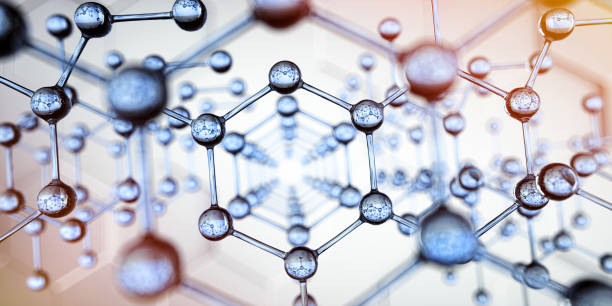A rapid antigen test can quickly and easily tell someone if they are positive for COVID-19. Because antibody-based tests don’t have high sensitivity, they may not detect viral loads low in the early stages. Researchers from ACS Sensors have developed a rapid test to detect SARS-CoV-2 using molecularly imprinted nanoparticles rather than antibodies. This new test is more sensitive than the antibody-based ones and can be used in extreme situations.
The gold standard test for COVID-19 diagnosis remains the reverse transcription-polymerase chain reaction (RT-PCR). This test is sensitive and specific but can take up to 1-2 days for a result. It also requires expensive equipment and highly trained personnel. Rapid antigen tests, on the other hand, are quick (15-30 minutes) and can be done at home without any training. They lack sensitivity and can sometimes result in false positives. The tests are based on antibodies against SARS CoV-2, which cannot withstand high temperatures and low pH. Marloes and Jake McClements from Newcastle University, Francesco Canfarotta of MIP Diagnostics, as well as their colleagues, wanted to create a COVID-19 test that is low-cost, fast, robust, highly sensitive, and inexpensive. They used molecularly imprinted nanoparticles of polymer nanoparticles (nanoMIPs), instead.
Researchers created nanoMIPs to attack a small portion of the SARS/CoV-2 spike protein. They did this by using molecular imprints (or molds) in nanoparticles. The nanoscale binding cavities were large enough to recognize the imprinted protein and bind it. The nanoparticles that bind the strongest to the peptide were attached to printed electrodes. After proving that nanoMIPs can bind SARS, CoV-2, the researchers developed a prototype 3D-printed device that detects the virus binding by measuring temperature changes.
The liquid from seven patients’ nasopharyngeal samples was added to the device. Researchers detected a temperature change for samples that had been positive for COVID-19 using RT-PCR. It took only 15 minutes to perform the test, which showed preliminary results that it could detect SARS-CoV-2 up to 6,000 times lower than commercial rapid antigen tests. The nanoMIPs can withstand warm temperatures, which is a benefit that could make the test more useful in monitoring SARS-CoV-2 levels in saliva and wastewater. Researchers say that it needs to be tested on more patient samples in order to show that the test is less false negative than other rapid antigen tests.
